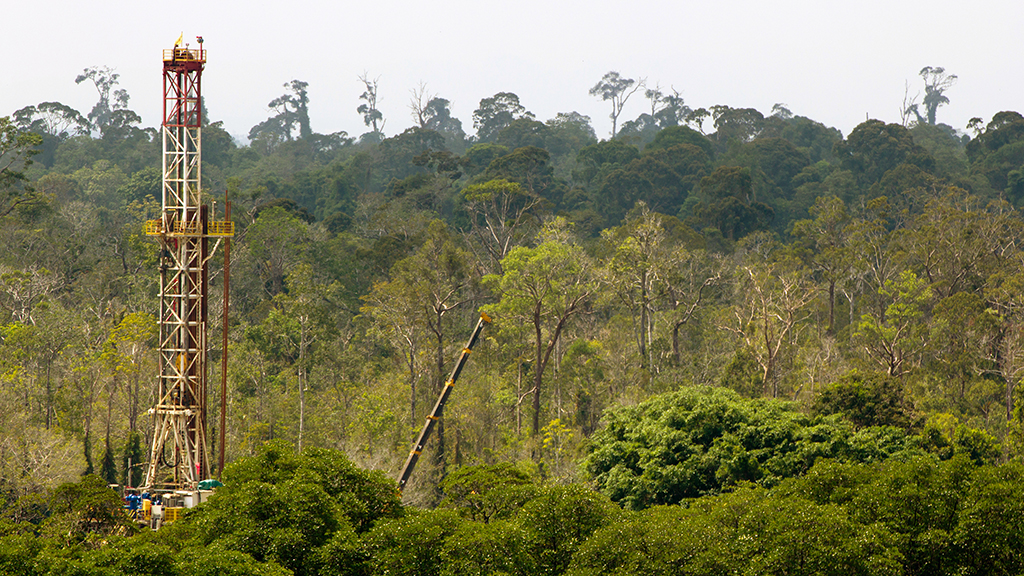Abstract
In this case study, students participate in a game in which they assume the roles of various stakeholders in a proposed oil and gas project in southeastern Peru at a meeting that takes place in 1998 in Cusco, Peru. Ultimately one of the players, the Inter-American Development Bank, determines the outcome of the game by deciding whether it will fund the project, and what restrictions, if any, to place on development. Prior to the start of the game, students receive unique objectives, secrets, and readings; these role-playing sheets are included in the teaching notes, along with an explanation of which elements of the case scenario are historically accurate and which are fictional. During the game, students learn the importance of tradeoffs, compromise, power and information disparities, understanding diverse viewpoints, and keeping the big picture in mind. The activity was designed for an interdisciplinary capstone course for undergraduates from a variety of majors, but it could work in high school through graduate school and in a variety of disciplines, e.g., environmental studies, geology, business, policy studies, anthropology, and interdisciplinary studies.



